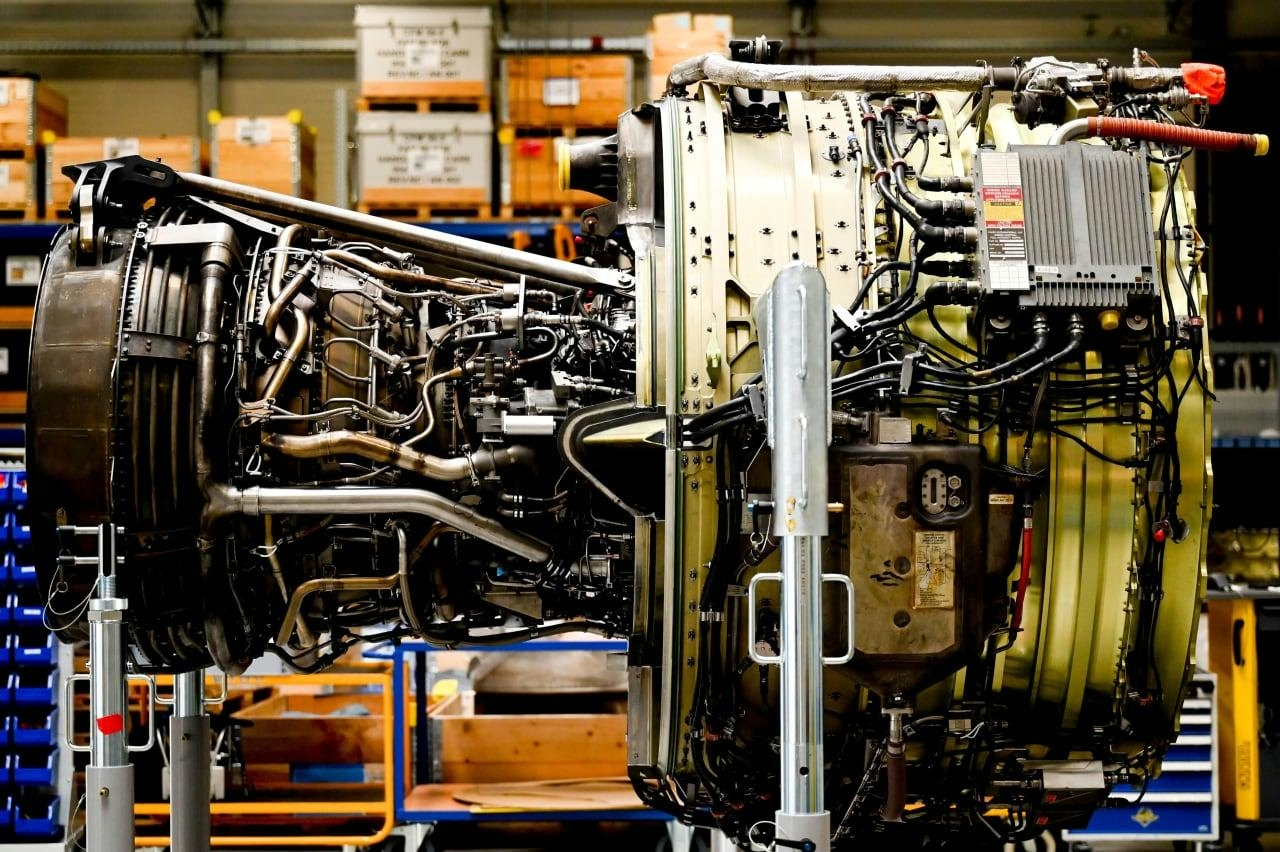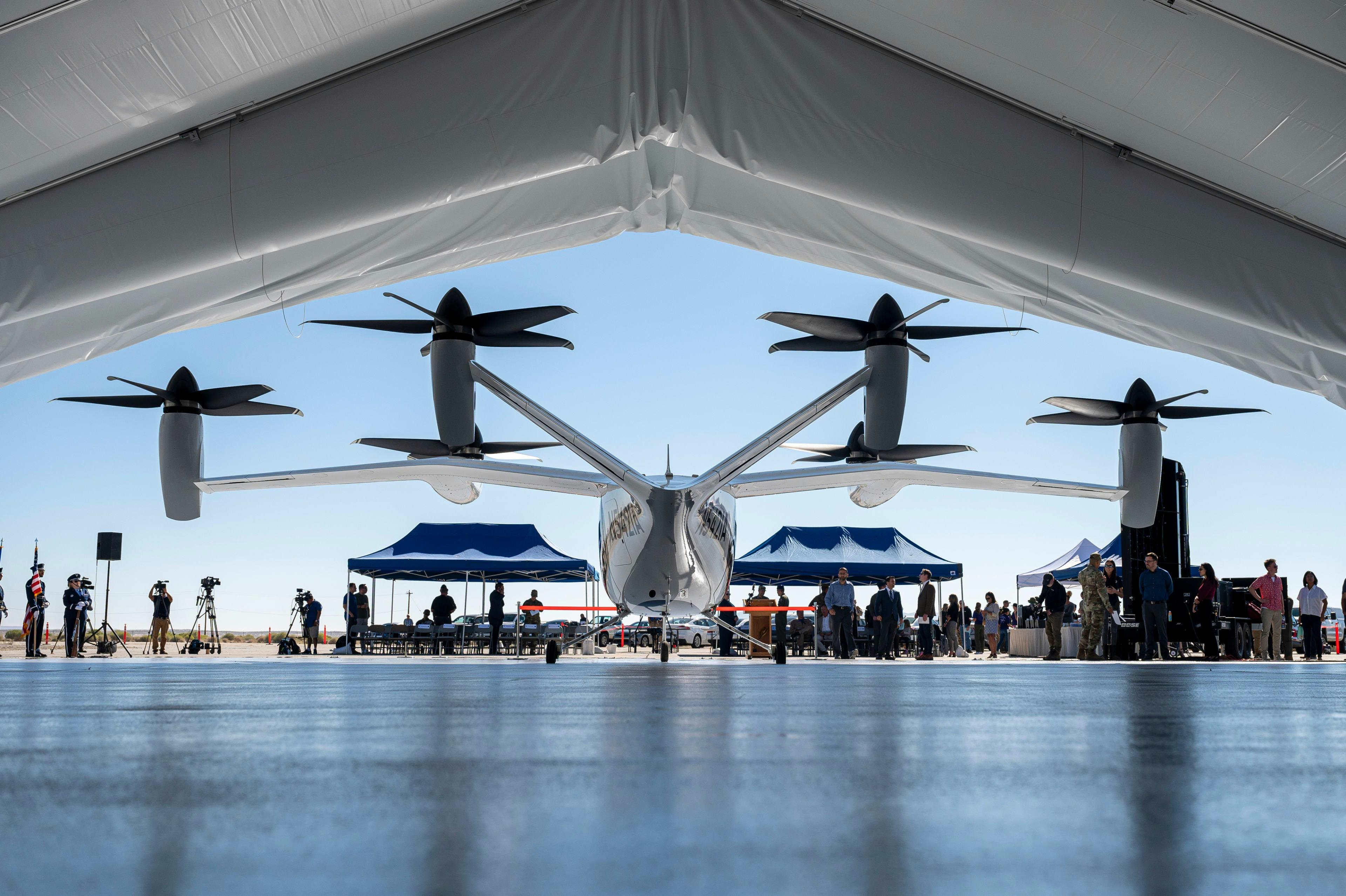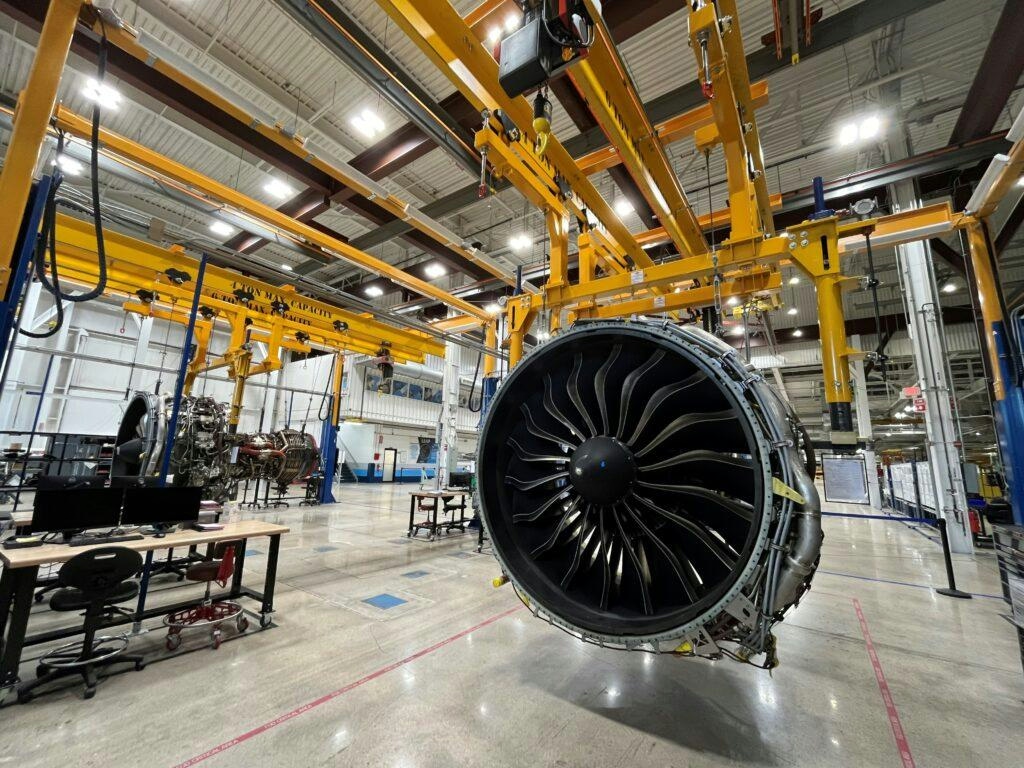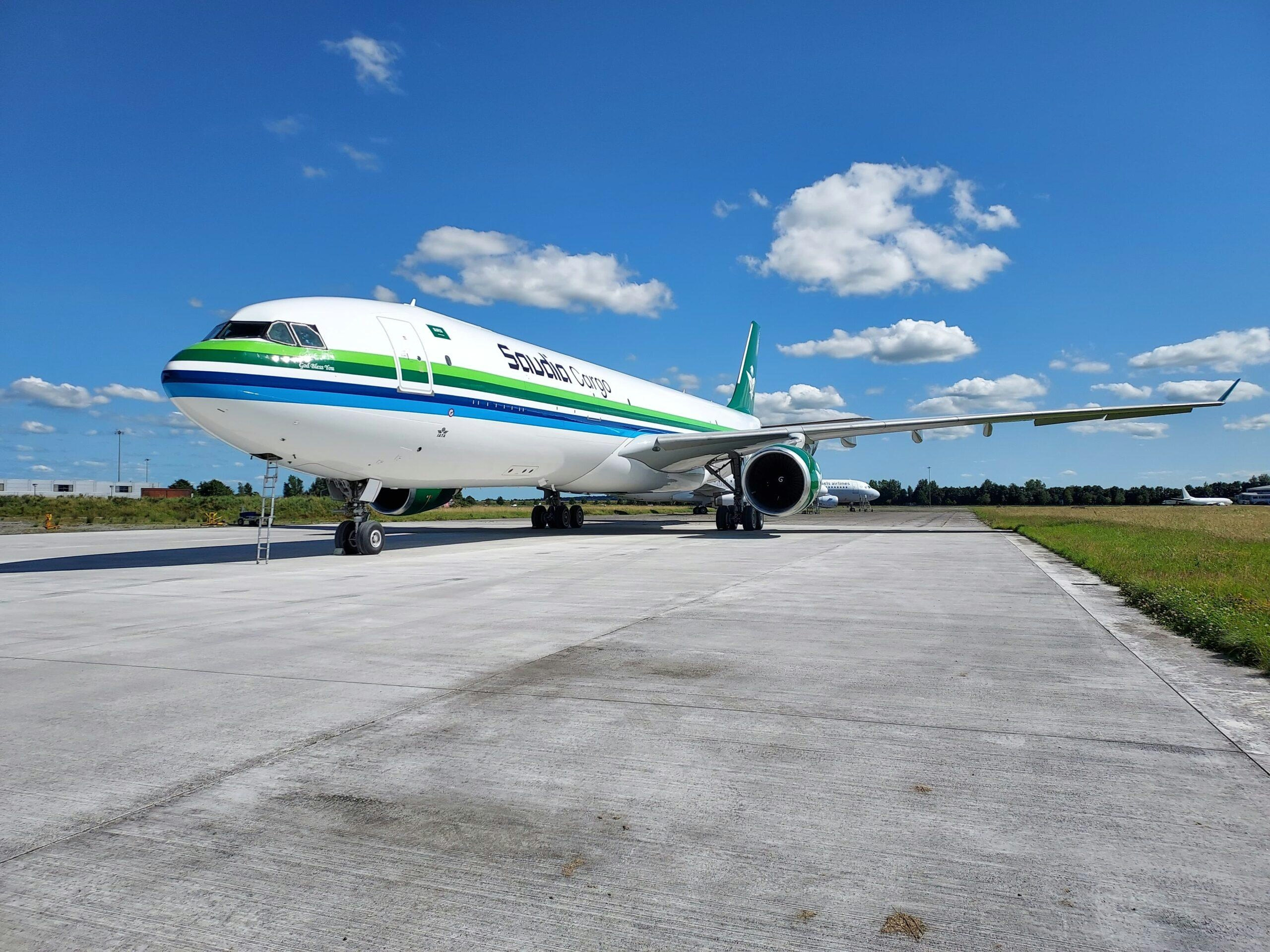أيروجيني — مساعدك الذكي للطيران.
الرائج الآن
Categories
Engine Shortages Ground New Aircraft Production

Engine Shortages Ground New Aircraft Production
Castellon Airport: A Symbol of the Crisis
Castellon airport in eastern Spain has emerged as a stark emblem of the global engine shortage afflicting the aviation industry. Rows of nearly new Airbus aircraft, particularly the A321neo, lie grounded and are being dismantled for parts. This crisis, primarily driven by delays in the manufacturing and maintenance of Pratt & Whitney’s geared turbofan (GTF) engines, has compelled airlines and lessors to strip jets even as demand for air travel remains strong. The shortage of these next-generation, fuel-efficient engines has dramatically altered market dynamics, with engines that once powered new aircraft now commanding prices up to $20 million on the secondary market—often surpassing the value of the aircraft themselves.
At Castellon, workers are engaged in removing valuable components, underscoring the severity of the supply chain disruption. Lee McConnellogue, CEO of UK-based eCube, a company specializing in aircraft disassembly, described the scale of this trend as unprecedented, highlighting the extent to which grounded aircraft are being cannibalized to meet parts demand.
Industry-Wide Impact and Financial Implications
The repercussions of the engine shortage extend well beyond Castellon. The International Air Transport Association (IATA) warns that ongoing aerospace supply chain disruptions could cost airlines more than $11 billion in 2025. The backlog of commercial aircraft orders has surged to a record high, with over 17,000 planes awaiting delivery in 2024. Consequently, airlines are compelled to revise their fleet strategies, often prolonging the operational life of older, less fuel-efficient aircraft to mitigate the impact of delayed deliveries.
This crisis is not confined to Airbus or Pratt & Whitney. Boeing and Embraer are also contending with engine-related challenges. Operators of the Boeing 737 Max 8, such as Ascend Airways, have faced reliability issues with CFM International’s LEAP-1B engines, while other manufacturers confront similar difficulties with their next-generation propulsion systems. These widespread problems have led to production delays and cost overruns across the aviation sector.
Market Responses and Future Outlook
While airlines grapple with grounded fleets and postponed deliveries, some financial owners and lessors have capitalized on the situation by profiting from the sale of spare engines and parts. The crisis has sparked industry-wide discussions about the urgent need for more reliable, fuel-efficient engines and the development of future technologies to maintain competitiveness and meet increasingly stringent environmental regulations.
Despite concerted efforts by manufacturers and airlines to manage the shortage, the disruption continues to challenge global aviation. The grounded aircraft at Castellon serve as a poignant reminder of the far-reaching consequences of supply chain vulnerabilities and underscore the pressing necessity for innovation in aircraft propulsion systems.

Human Factors: When Effort Falls Short

Cathie Wood Increases Investment in Air-Taxi Stocks

Airlines Face Fundamental Technology Challenges, Not Just AI Issues

Crankshaft Fatigue Causes Emergency Landing

Embraer Integrates AI-Based Counter-Drone System into A-29 Super Tucano

Standardaero and Avilease Sign Agreement for LEAP and CFM56-7B MRO Services

ETF Airways to Receive First ATR Aircraft

Range Comparison Between Boeing 787-9 and 787-10 Dreamliner

AJW Group Renews Partnership with ASL Aviation to Support A330ceo Fleet

Could AI Cause a Jet Engine Shortage Similar to the Chip Crisis?
